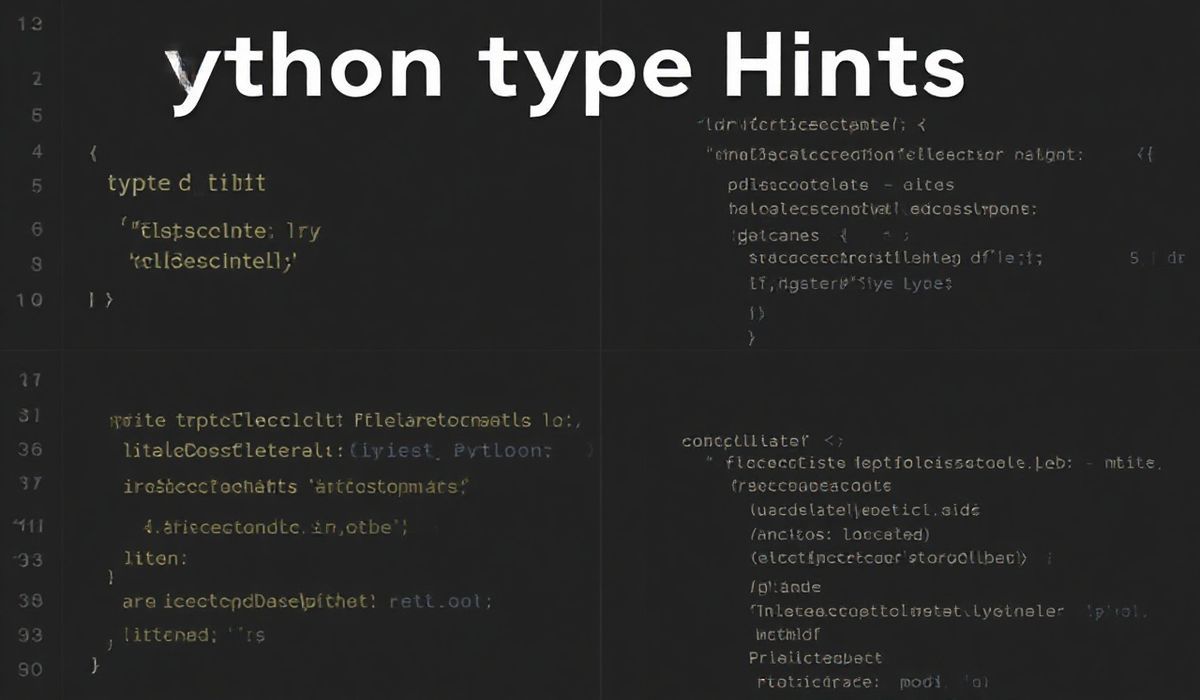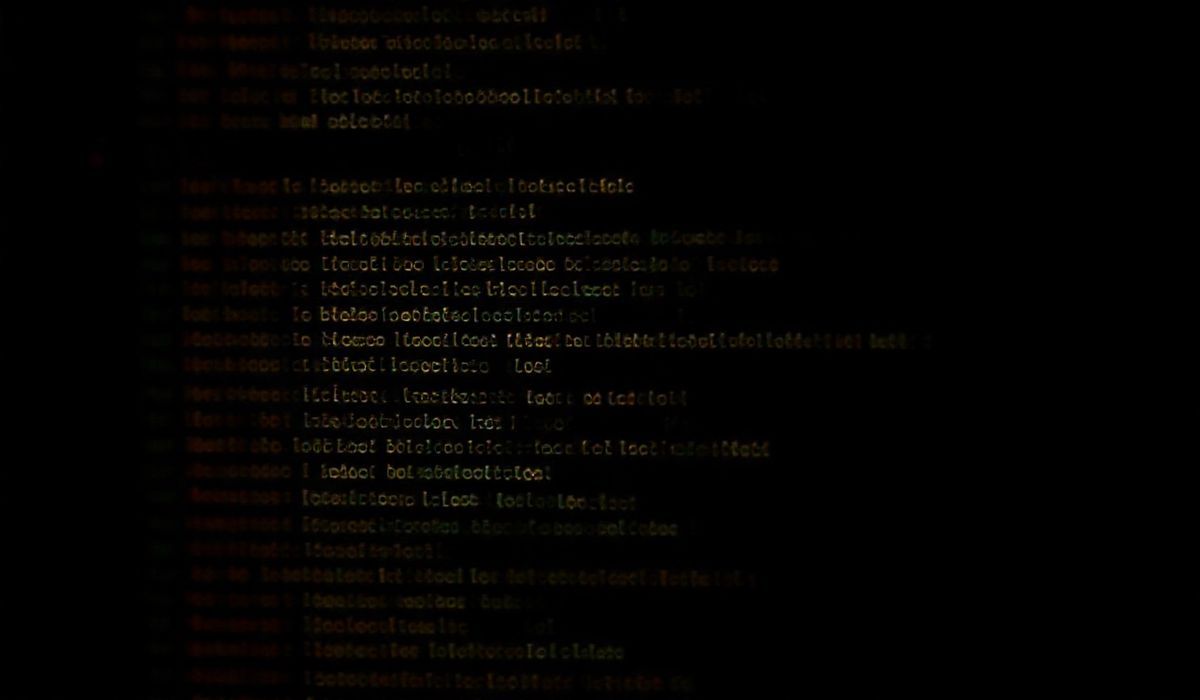Introduction to Typing Extensions
With the advent of static typing in Python, the typing module has become a cornerstone for developers aiming to write better-typed and more robust programs. However, the standard typing module does not always evolve as quickly as the needs of Python developers, which is where typing-extensions comes into play. The typing-extensions library provides “forward compatibility” for type hints, bringing new typing features from future versions of Python to older versions. In this blog, we’ll take a comprehensive look at typing-extensions, showcase its most useful APIs, and demonstrate its implementation through practical examples.
Key Features and APIs in Typing Extensions
Here are some of the APIs provided by typing-extensions, along with examples to highlight their utility:
1. TypedDict
TypedDict allows you to define a dictionary with strict typing for keys and values.
from typing_extensions import TypedDict
class Movie(TypedDict):
title: str
rating: float
movie: Movie = {"title": "Inception", "rating": 8.8}
# movie["rating"] = "Excellent" # TypeError: rating must be a float
2. Literal
Literal lets you specify that a value must be one of a predefined set of values.
from typing_extensions import Literal
def order_pizza(size: Literal["small", "medium", "large"]) -> str:
return f"Ordering a {size} pizza"
print(order_pizza("medium"))
# print(order_pizza("extra-large")) # TypeError: Invalid size
3. Protocol
Protocol is used to define structural subtyping (duck typing).
from typing_extensions import Protocol
class SupportsAddition(Protocol):
def __add__(self, other) -> int: ...
def add(a: SupportsAddition, b: SupportsAddition) -> int:
return a + b
print(add(5, 10)) # Outputs: 15
4. NotRequired and Required in TypedDict
These features enhance TypedDict by allowing flexibility in defining optional and required keys.
from typing_extensions import TypedDict, NotRequired, Required
class User(TypedDict):
name: Required[str]
email: NotRequired[str]
user: User = {"name": "Alice"}
print(user) # Outputs: {'name': 'Alice'}
5. Self
Self is used to annotate methods that return an instance of their class.
from typing_extensions import Self
class Builder:
def set_name(self, name: str) -> Self:
self.name = name
return self
def build(self) -> dict:
return {"name": self.name}
builder = Builder().set_name("My Builder").build()
print(builder) # Outputs: {'name': 'My Builder'}
6. Annotated
Annotated adds metadata to type hints.
from typing_extensions import Annotated
def greet(name: Annotated[str, "Name of the person"]) -> str:
return f"Hello, {name}"
print(greet("World"))
7. Overload
Overload allows function signatures to vary based on input types.
from typing_extensions import overload
@overload
def process(item: int) -> str: ...
@overload
def process(item: str) -> int: ...
def process(item):
if isinstance(item, int):
return str(item)
if isinstance(item, str):
return len(item)
print(process(42)) # Outputs: "42"
print(process("hello")) # Outputs: 5
Typing Extensions in a Real-World App
Let’s build a basic application that demonstrates the above APIs in action.
Example: Online Bookstore
from typing_extensions import TypedDict, Literal, Protocol, overload, Annotated
# Using TypedDict
class Book(TypedDict):
title: str
price: float
books: list[Book] = [
{"title": "Python Essentials", "price": 29.99},
{"title": "Effective Python", "price": 24.99},
]
# Using Literal
def get_genre(genre: Literal["Fiction", "Non-Fiction", "Self-Help"]) -> str:
return f"Genre: {genre}"
print(get_genre("Fiction"))
# Using Protocol
class DiscountCalculator(Protocol):
def calculate(self, price: float) -> float: ...
class SimpleDiscount:
def calculate(self, price: float) -> float:
return price * 0.9
calculator = SimpleDiscount()
print(calculator.calculate(100)) # Outputs: 90.0
# Annotating methods with metadata
def print_invoice(amount: Annotated[float, "Total amount in USD"]) -> str:
return f"Invoice Total: ${amount}"
print(print_invoice(54.78))
This example demonstrates the power of typing-extensions in structuring Python code effectively and safely, making it more readable and bug-free.
Conclusion
The typing-extensions library is a must-have for developers who want to bring cutting-edge type hinting features to their Python projects, regardless of the Python version they are using. From TypedDict to Literal, and from Protocol to Self, typing-extensions extends Python’s typing capabilities, making it invaluable for writing highly maintainable and robust Python applications. Try it in your projects today and unlock a new level of confidence in your codebase!




